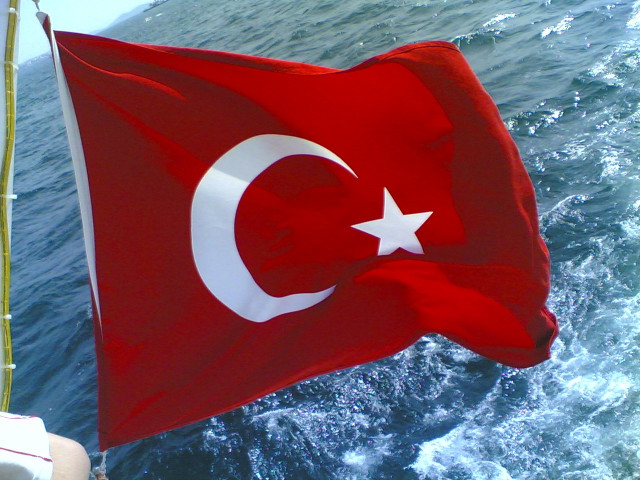Turkey’s inflation surges to two-decade high of 48.7%
Consumer prices jump 11.1% MoM, eating deeply into Turks’ earnings

Turkey’s annual inflation soared to a 20-year high of 48.69% in January, data showed on Thursday, fuelled by the push for unorthodox interest rate cuts and a resulting crash in the currency late last year.
Consumer prices jumped 11.1% from the previous month, the Turkish Statistical Institute (TUIK) said, eating deeply into Turks’ earnings. Both measures were more than expected in a Reuters’ poll, which forecast 9.8% monthly and 46.7% annual inflation readings.
The lira weakened 44% last year as the central bank slashed interest rates by 500 basis points since September to 14%, in a drive to prioritise credit and exports.
Partly in response to the currency turmoil, the government raised administered prices this year including for gas, electricity, road tolls and bus fares, while the monthly minimum wage was hiked 50%.
Transport-related prices soared 68.9% year-on-year, while food and drinks prices jumped 55.6%, driving inflation to its highest level in President Tayyip Erdogan’s nearly two decades in power.
The combination of inflation and currency depreciation has rattled the big emerging market economy, upended household and corporate budgets, and deepened poverty ahead of elections scheduled for mid-2023.
Inflation should surpass 50% this month and plateau around 55% for most of 2022 before ending the year at 33%, Goldman Sachs said.
The lira dipped 0.7% to 13.58 against the dollar by 1032 GMT. It has stabilised after wild swings – from 18.4 to 10.25 – in December due in part to state market interventions and a deposit protection scheme.
Published in The Express Tribune, February 4th, 2022.
Like Business on Facebook, follow @TribuneBiz on Twitter to stay informed and join in the conversation.



















COMMENTS
Comments are moderated and generally will be posted if they are on-topic and not abusive.
For more information, please see our Comments FAQ